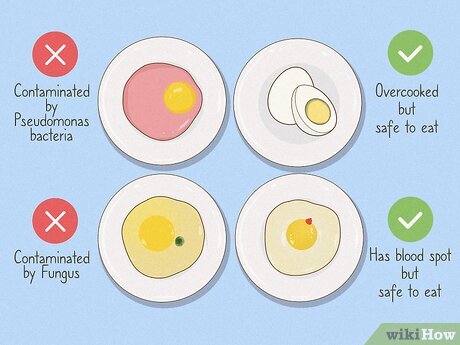‘The list comprises of 1200 essential medicines, to be given free of cost to the patients in all state-run hospitals after government approval’
 Jammu and Kashmir has finalized the first-ever list of Essential Drugs, comprising of 1200 essential medicines, to be given free of cost to the patients in all state-run hospitals after government approval.
Jammu and Kashmir has finalized the first-ever list of Essential Drugs, comprising of 1200 essential medicines, to be given free of cost to the patients in all state-run hospitals after government approval.It took more than two years for the government to finalise the list, which will be implemented after approval by Governor or upcoming Cabinet.
Chairman J&K Drug Formulary Committee, Dr Ajit Nagpal told KP that the Essential Drug List for J&K is a comprehensive list of 1200 essential medicines and, region-specific and disease-specific drugs.
“Nearly 700 medicines fall under the category of primary use, 200 medicines fall under category of secondary use while all 1200 medicines are categorized for tertiary-care hospitals,” he said.
Dr Nagpal said the list was finalized in a high-level meeting of Drug Formulary Committee in New Delhi last week.
The meeting was attended by Director Health Services, Kashmir and Jammu, Principal GMC Srinagar and Jammu, Director SKIMS, Controller Drug and Food Organisation and Director General ISM besides top notch Pharmacology experts.
The committee was formed in 2013 after the state government approved a State Drug Policy based on rational use of drugs.
The policy, approved by the State cabinet as the culmination of a three-year long process, has provision for an essential list of medicines to be procured by the government for free distribution. The policy also seeks to set up an expert committee called State Drug Committee to select essential medicines and to be revised in every two years.
“This can be considered as a landmark decision aimed at benefitting large chunk of ailing population of J&K. The list has covered all aspects of healthcare in the state with age, gender and region specific formulations. The drugs regulatory agency and Medical Supplies Corporation shall enforce relevant guidelines on manufacture including Good Manufacturing Practices (GMP) and Good Storage Practices (GSP) to make these generic drugs available to patients,” he said.
“To ensure safety, quality and efficacy of products, the regulatory agency shall regulate manufacture of medicinal products and cause periodic inspection of the manufacturing premises within the State,” Chairman J&K Drug Formulary Committee said.
Dr Nagpal said the list would make the basis of Drug Policy which was formed for the rational use of drugs and generic prescription in the hospitals.
Although there may be about 20,000 medicines/combinations available in the market, with about 300 drugs recommended by the World Health Organization, and 268 (348 list) in Essential Drugs List of Government of India, the separate drug list was important due to geographical variation of J&K and separate drug policy to tackle the disease conditions.




